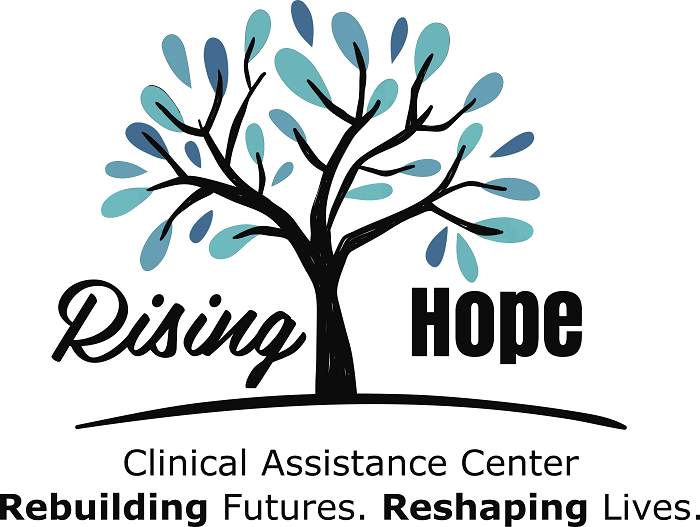

UNC Researchers Join NIH HEAL Initiative to Fight Opioid Crisis
UNC Researchers join the National Institute of Health’s HEAL Initiative (Helping to End Addiction Long-term). The initiative has raised about 945 million dedicated to combating the opioid epidemic.
Many people who are addicted to drugs are also diagnosed with other mental disorders, including anxiety and depression. Some people develop mental health problems related to their compulsive drug use, and some people take drugs to relieve symptoms of mental health disorders. Whatever signs appear first, it is important to treat all mental illnesses at the same time.
Stats on Opioid Epidemic
- 130+ people die every day from opioid related drug overdoses
- 3 million people misuse opioids in 2018
- Two out of three drug overdose deaths involve an opioid
History of Opioid Epidemic Here
The first wave of the epidemic began in 1991, the second in 2010, and the third in 2013. Deaths in 91 began rising when opioids were being prescribed for treatment for pain. This was influenced by reassurances given to prescribers by pharmaceutical companies claiming the risk of addiction was very low.
The second wave started when deaths rapidly began increasing due to heroin overdosage.
In 2016, an estimated 50 million U.S. adults suffered from chronic pain and in 2018, an estimated 10.3 million people 12 years and older in the United States misused opioids, including heroin.
The Center for Disease Control issued guidelines for prescribing options for chronic pain outside of cancer treatment, palliative care and end of life care. However, attempts to change opioid prescribing patterns have been opposed primarily by indirect intervention by the pharmaceutical industry through lobby and advocacy groups.
These efforts include attempts to halt measures to restrict opioid over prescribing, efforts to undermine the CDC guidelines and thwarting attempts to hold the prescribers and pharmaceutical companies accountable.
HEAL Goals, Initiative
The initiative is built on extensive well-established research. This includes basic science of the complex neurological pathways involved in pain and addiction, implementation science to develop and test treatment models, and research to integrate behavioral interventions with the medication assisted treatment f or opioid use.
How Will this Initiative Improve the Crisis?
HEAL will enhance pain management and improve treatments for opioid misuse. Through evidence-based scientific research, the NIH HEAL Initiative will provide lasting, scientific solutions to the opioid crisis.
Opioids are substances that work in the nervous system of the body or in specific receptor in the brain to reduce the intensity of pain.
Talk to your primary care doctor about your symptoms; or seek help directly from a mental health professional. If you’re reluctant to see a mental health professional, reach out to someone else who may be able to help guide you to treatment, whether it’s a friend or loved one, a teacher, a faith leader, or someone else you trust.

